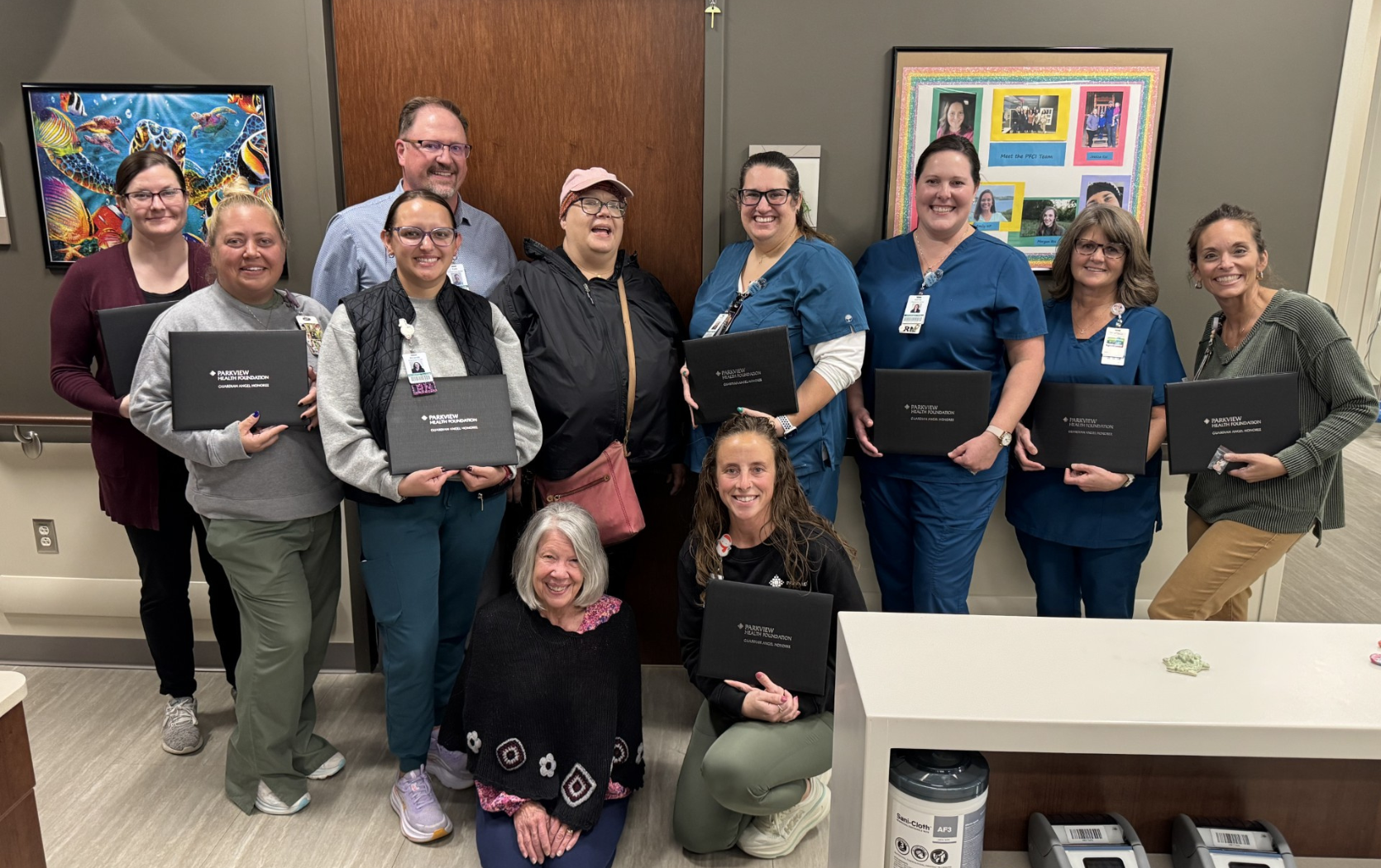
Having spent the last 15 years specializing in eating disorder treatment, I have worked with many individuals and families who hold beliefs that are incorrect about eating disorders, often because of how our media, schools and medical community portray them. Here, I call out some of these common myths and provide some facts around these complex conditions.
Myth #1: A person can only have an eating disorder if they are underweight.
This is probably the number one eating disorder myth that I hear over and over again from friends, family members, the medical community and even eating disorder patients themselves. However, the truth is that the majority of individuals diagnosed with eating disorders have average or larger bodies. Many eating disorders go undetected because the person isn’t underweight.
For people with eating disorders, their behaviors with and thoughts about food are extreme and very unhealthy. These behaviors might include going on extreme diets or restricting calories on a daily basis, frequent episodes of over-eating where the person feels out of control with food and has extreme guilt after, obsessive exercise or frequent purging to “get rid of” calories consumed, just to name a few.
These behaviors occur in people of all shapes, sizes, ages, genders and races. Because we think they only occur in those underweight, it’s assumed that eating disorders aren’t that common. Actually, eating disorders affect nearly 9% of the U.S. population, making them as common, if not more common, than Major Depressive Disorder and Generalized Anxiety Disorder.
This is a key myth we must start changing, because overlooking this disorder in others (and possibly oneself) delays life-saving treatment.
Myth #2: An eating disorder isn’t “that bad” if someone is of normal weight, has normal blood work, etc.
It’s interesting that we only consider a condition or diagnosis “bad” if it impacts someone’s physical health. However, a person’s mental health is of equal importance. And we know that eating disorders can affect both.
Many patients with eating disorders can look “fine,” and even have normal bloodwork. But their thoughts, anxiety, guilt and shame is anything but “fine.” I’ve sat with individuals, tears streaming down their face, as their share the terror they felt trying to eat a meal, or the deep humiliation they felt when they left the party and went home to binge because of a comment someone made about them.
Our mental health is directly tied to our physical health; one cannot be healthy without the other. There is so much evidence to support the idea that chronic stress and anxiety impact our autonomic nervous system, which is responsible for so many physical health systems (immune system, heart health, digestion, etc.). Assessing someone as a full human, mind, body and spirit, is vital in understanding if someone’s health is “not that bad.”
Myth #3: Just eat (or stop eating), and you’ll be fine.
Oh, if it were only this easy! What fascinates me about eating disorders is the unique puzzle each client presents when they have an eating disorder. Imagine an iceberg. Above the water is a small piece of ice. This represents the eating disorder and the behaviors with food. Below the water is a massive piece of ice, unique to each person. This represents the many things that have led to the development of this disorder.
Every client is unique, but some common factors might contribute to the development of an eating disorder include: trauma, abuse/neglect, major life changes, GI concerns, sensory processing disorders, anxiety, depression, OCD, autism, chronic pain, negative self-esteem, gender or sexual identity concerns, body dysmorphia, attachment disorders, spiritual struggles, maturity fears, and the list goes on.
Yes, a person might be able to quickly change their behaviors with food and begin on a regular eating plan (although this can also be a long process that often requires working closely with an eating disorder therapist and dietitian). But to have lasting recovery, the person also needs to heal the underlying reasons the struggles with food exist in the first place. There’s always more than meets the eye.
Myth #4: It’s just about willpower and mind over matter.
One thing that keeps me coming to work every day is the honor of sitting with these amazing humans. Individuals with eating disorders are some of the strongest, fiercest, driven, passionate people I know. On personality assessments, they tend to be over-achievers and perfectionists. Trust me, it’s not about willpower—they have plenty of that.
Research has shown us that genetics play a large role in this disorder. Additionally, a brain that is deprived of calories or important nutrients (which we see in those with binge eating disorder) really struggles to make healthy decisions and regulate emotions. Many people don’t realize that until we can get the person’s brain properly fueled, we can’t use their mind to support ongoing therapy.
Think of the best, top-of-the-line race car. It could have all the bells and whistles, but if there is no fuel, that car is going nowhere fast. It’s not about the quality of the car; there’s simply not enough fuel to get it going. It’s the same with eating disorders. A brain without adequate fuel cannot operate properly.
In summary, eating disorders are quite common, occur in folks in all body sizes and shapes and can be severe even if physical health is “fine.” Often, someone with an eating disorder needs a specialized team to help stabilize the eating patterns so they can begin working on the underlying factors that led to the development of the disorder.



